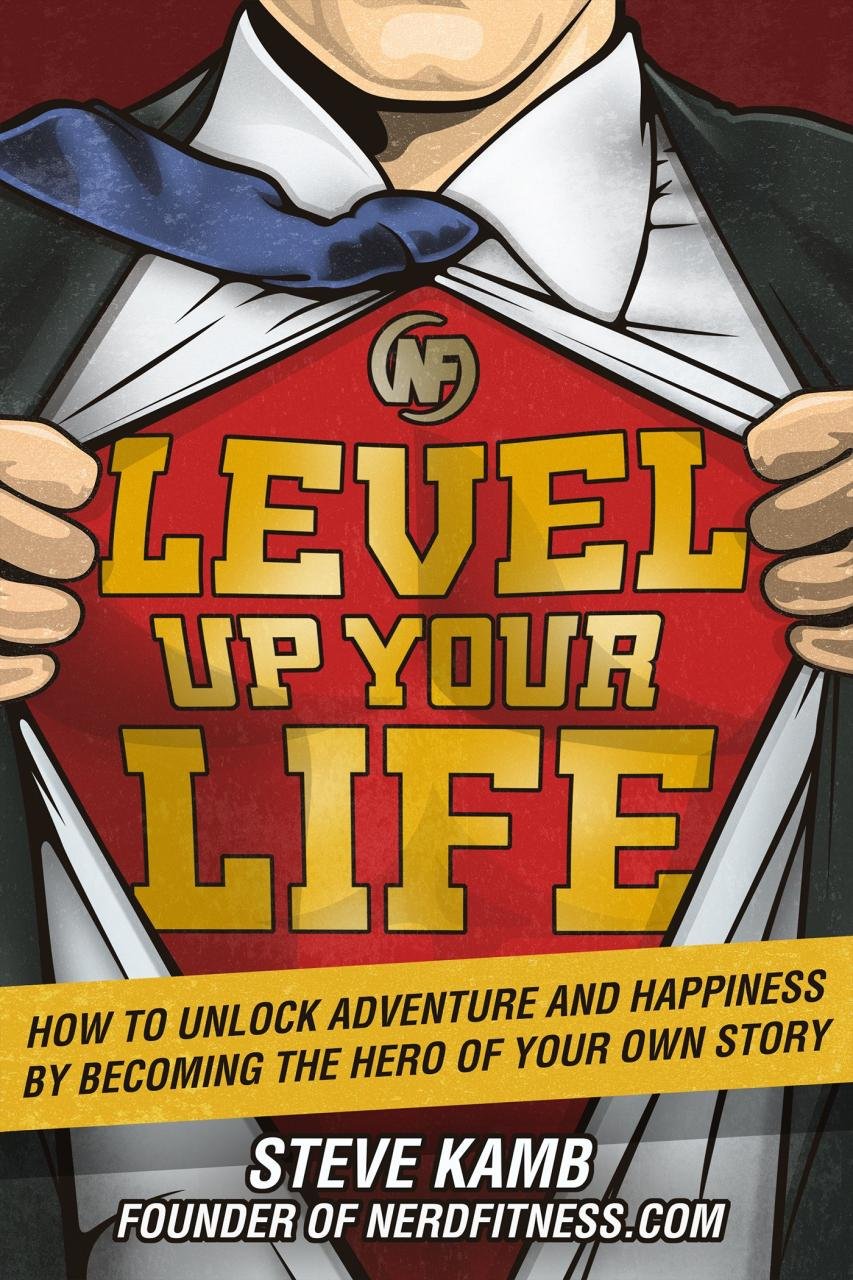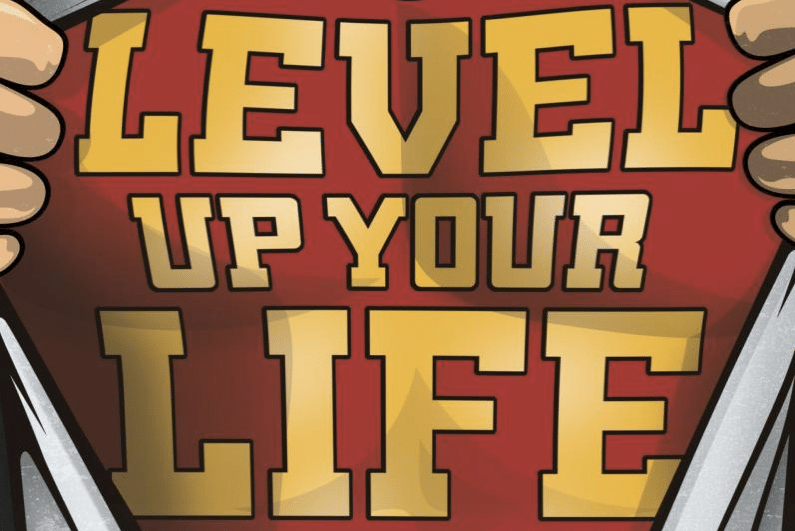
Level Up Your Life: How Video Game Therapy Can Help Gamers
Related Articles
- Esport Game Copyright Issues: What Developers Need To Know
- Level Up Your Event: Why Esports Event Security Insurance Is A Must-Have
- How to Play the Game Subway Surfers Havana
- How to Play the Game Impossible Stunt Car Tracks: A Comprehensive Guide
- How to Play the Game Stickman Rope Hero: A Comprehensive Guide
Introduction
Join us as we explore Level Up Your Life: How Video Game Therapy Can Help Gamers, packed with exciting updates
Level Up Your Life: How Video Game Therapy Can Help Gamers

In a world where virtual worlds blur with reality, the lines between play and addiction can become dangerously thin. For many, video games offer a welcome escape, a chance to unwind and immerse themselves in captivating narratives. But for others, the allure of the screen can morph into an unhealthy obsession, impacting relationships, work, and overall well-being. This is where video game therapy comes in, offering a lifeline to gamers struggling with the complexities of their digital habits.
The Rise of Gaming Therapy: A New Frontier in Mental Health
Video game therapy, also known as gaming addiction therapy, is a relatively new field in mental health. It recognizes the unique challenges faced by gamers and employs a range of therapeutic approaches to address them. While not a one-size-fits-all solution, it provides a tailored approach to understanding and managing the psychological and behavioral aspects of gaming.
Think of it like this: just as a physical therapist helps you recover from an injury, a video game therapist helps you heal from the emotional and psychological impact of excessive gaming. It’s about understanding the underlying reasons behind your gaming habits and developing healthy coping mechanisms to manage them.
Beyond Addiction: The Many Facets of Video Game Therapy
While gaming addiction is a significant concern, video game therapy goes beyond simply addressing problematic behavior. It can be a valuable tool for addressing a wide range of issues, including:
- Mental health conditions: Anxiety, depression, social anxiety, and ADHD can all be exacerbated by excessive gaming. Video game therapy can help gamers identify and manage these conditions, offering strategies to cope with triggers and develop healthier coping mechanisms.
- Social skills development: For gamers who struggle with social interaction, video game therapy can provide a safe space to practice communication and social skills. Therapists can use games to facilitate group therapy sessions, fostering teamwork, collaboration, and healthy communication.
- Stress management: Video games can be a great way to de-stress, but excessive gaming can lead to burnout and increased anxiety. Video game therapy can teach gamers how to use gaming responsibly, setting boundaries and prioritizing other activities.
- Emotional regulation: Gaming can be a powerful tool for emotional expression, but it can also lead to unhealthy coping mechanisms. Video game therapy helps gamers understand their emotions, develop healthier coping strategies, and navigate the emotional rollercoaster that can come with gaming.

Unveiling the Underlying Issues: A Deeper Dive into the Psychology of Gaming
The allure of video games lies in their ability to offer a sense of control, accomplishment, and social connection. For some, it’s a way to escape from the pressures of real life, offering a temporary reprieve from anxieties and responsibilities. But when gaming becomes an all-consuming obsession, it can lead to negative consequences:
- Escape from reality: The virtual world can become a comforting haven, shielding individuals from the challenges and complexities of everyday life. This escapism, while initially soothing, can become a dangerous cycle, hindering personal growth and development.
- FOMO (Fear of Missing Out): The constant updates, new releases, and online communities create a sense of urgency, fueling the desire to constantly be "in the loop." This fear of missing out can lead to excessive gaming, neglecting responsibilities and jeopardizing relationships.
- Social isolation: While online games offer a sense of community, they can also contribute to social isolation. Gamers may neglect real-life interactions, leading to feelings of loneliness and disconnection.
- Cognitive distortions: Excessive gaming can lead to cognitive distortions, such as believing that gaming is the only way to achieve happiness or that quitting is impossible. These distorted thoughts can perpetuate the cycle of addiction.
Navigating the Path to Recovery: Tools and Techniques in Video Game Therapy
Video game therapy utilizes a variety of techniques, tailored to the individual’s needs and goals. These include:
- Cognitive-Behavioral Therapy (CBT): This approach focuses on identifying and challenging negative thoughts and behaviors associated with gaming. It helps gamers develop healthier coping mechanisms and replace unhealthy patterns with more constructive ones.
- Motivational Interviewing: This technique encourages self-reflection and motivation, helping gamers identify their own reasons for change and develop a personal plan for recovery.
- Mindfulness and relaxation techniques: These techniques teach gamers to be more present in the moment and manage stress and anxiety. Mindfulness exercises can help gamers become more aware of their triggers and develop healthier coping strategies.
- Family therapy: Involving family members in the therapeutic process can provide support and understanding, promoting open communication and fostering a healthier dynamic within the household.
- Game-based therapy: This approach utilizes video games as a therapeutic tool, incorporating elements of play and engagement to address specific issues. For example, therapists might use games to teach communication skills, conflict resolution, or emotional regulation.
Finding the Right Therapist: A Guide to Seeking Professional Help
Finding the right video game therapist is crucial for a successful recovery journey. Here are some tips to guide your search:
- Look for therapists with experience in gaming addiction: Not all therapists are familiar with the intricacies of gaming addiction. Look for therapists who specialize in this area and have a proven track record of success.
- Consider your specific needs: Think about the specific issues you’re facing, such as anxiety, depression, or social skills development. Choose a therapist who has experience addressing those specific concerns.
- Look for a therapist who is non-judgmental and supportive: It’s important to feel comfortable and safe with your therapist. Choose someone who is understanding, empathetic, and willing to work with you to achieve your goals.
- Don’t be afraid to ask questions: During your initial consultation, ask about the therapist’s approach, experience, and fees. Don’t hesitate to ask for referrals or recommendations from trusted sources.
Beyond the Screen: Embracing a Balanced Life
Video game therapy isn’t about eliminating gaming entirely. It’s about finding a healthy balance and integrating gaming into a fulfilling life. Here are some strategies for achieving a healthier relationship with gaming:
- Set boundaries: Establish clear limits on gaming time and stick to them. This can involve setting daily or weekly time limits, or limiting gaming sessions to specific times of day.
- Prioritize other activities: Make time for other hobbies, interests, and social connections. Engage in activities that bring you joy and fulfillment outside of the digital realm.
- Seek support: Talk to friends, family, or a support group about your struggles. Connecting with others who understand your challenges can provide invaluable support and encouragement.
- Celebrate successes: Acknowledge your progress and celebrate your achievements, no matter how small. This can help you stay motivated and reinforce positive changes.
Embracing the Journey: A Path to Recovery and Growth
The journey to recovery from gaming addiction is not always easy, but it’s a journey worth taking. Video game therapy offers a safe and supportive space to address the underlying issues, develop healthy coping mechanisms, and reclaim your life. Remember, you’re not alone in this. With the right support and guidance, you can level up your life and achieve a healthier relationship with gaming.
Source:
[Insert Source URL here]
Closure
We hope this article has helped you understand everything about Level Up Your Life: How Video Game Therapy Can Help Gamers. Stay tuned for more updates!
Don’t forget to check back for the latest news and updates on Level Up Your Life: How Video Game Therapy Can Help Gamers!
Feel free to share your experience with Level Up Your Life: How Video Game Therapy Can Help Gamers in the comment section.
Keep visiting our website for the latest trends and reviews.


